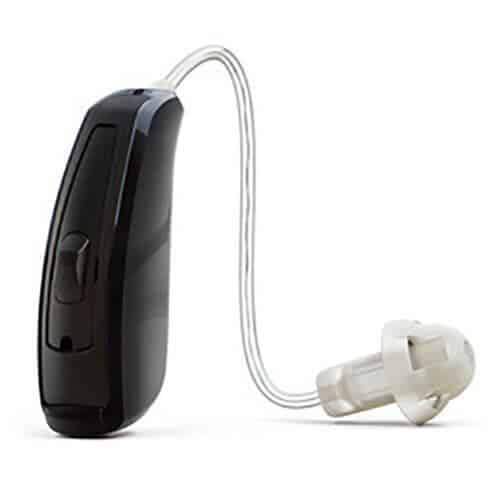Tinnitus
Incidence:
Definition:
Tinnitus is a medical condition characterized by persistent ringing in one or both ears that can only be heard by the affected individual.
Symptoms:
Many who suffer from tinnitus describe the annoying sound as ringing in the ear, but a buzzing, hissing, or pulsing sound is also common. For some, these sounds are intermittent, But, for many, these sounds are more persistent, and occur all the time. The perception is tinnitus is similar to a phantom sound and may be described as mildly distracting and slightly annoying to completely disruptive to everyday life.
Causes:
There are a number of causes, with the most common being exposure to loud noise for an extended period of time. Tinnitus research is ongoing, and the mechanisms that cause tinnitus in the brain and inner ear are being more closely studied. The consensus is that tinnitus is typically representative of an inner ear problem. Here are some common causes:
In rare cases, tinnitus may be caused by a blood vessel disorder, resulting in pulsatile tinnitus. This type of tinnitus may be caused by a buildup of cholesterol in the circulatory system, high blood pressure, or even a tumor of the head or neck. The result is a tinnitus that sends out pulsing signals in conjunction with the flow of your heartbeat.
The Cure:
There is currently no cure for tinnitus. Our Audiologists will work with you to identify potential causes for your unique symptoms. Further, there may be a way to reduce the impact of tinnitus in your everyday life. Sometimes this means changes to your diet, and a discussion with your family doctor about your medications may be the next step towards reducing your symptoms. Research has found that relaxation methods, such as meditation, can also help alleviate the constant ringing in your ears.
Tinnitus Treatment:
Diagnostic testing and evaluation by an Audiologist will rule out possible medical factors that could be causing or contributing to your tinnitus. Because your symptoms may be unique, an in-depth consultation will help us create a specialized treatment plan for you.
Although there isn’t a single cure, our audiologists have the knowledge and experience to provide you with tinnitus treatment methods that can help lessen the impact that tinnitus has on your life. In many cases, the distressing combination of tinnitus and hearing loss can be relieved with modern hearing device technology.
The number-one treatment for tinnitus for those who also experience hearing loss is the use of a personal hearing system, which can improve your hearing and often reduce or eliminate your perception of tinnitus. There are a number of treatment options, including:

Hearing device technology:
The top treatment for those who experience hearing loss, which can both improve overall hearing ability and eliminate the perception of ringing.

Masking:
An electronic device called a masker may be worn to distract from the ringing sensation. Maskers fit in the ear similarly to hearing aids and produce low-level sounds. In addition, bedside sound generators and other devices can also help remove the perception of ringing.

Retraining Therapy:
A therapeutic process in which we specialize, and has given relief to many of our patients. Our process is a combination of sound therapy and counseling, which alters the brain’s neural signals and weakens the perception of tinnitus, allowing you to live your daily life far more peacefully.

Cognitive Behavioral Therapy:
A type of counseling that helps to change the body’s emotional reaction to tinnitus by altering negative thought patterns and helping to relieve stress.
